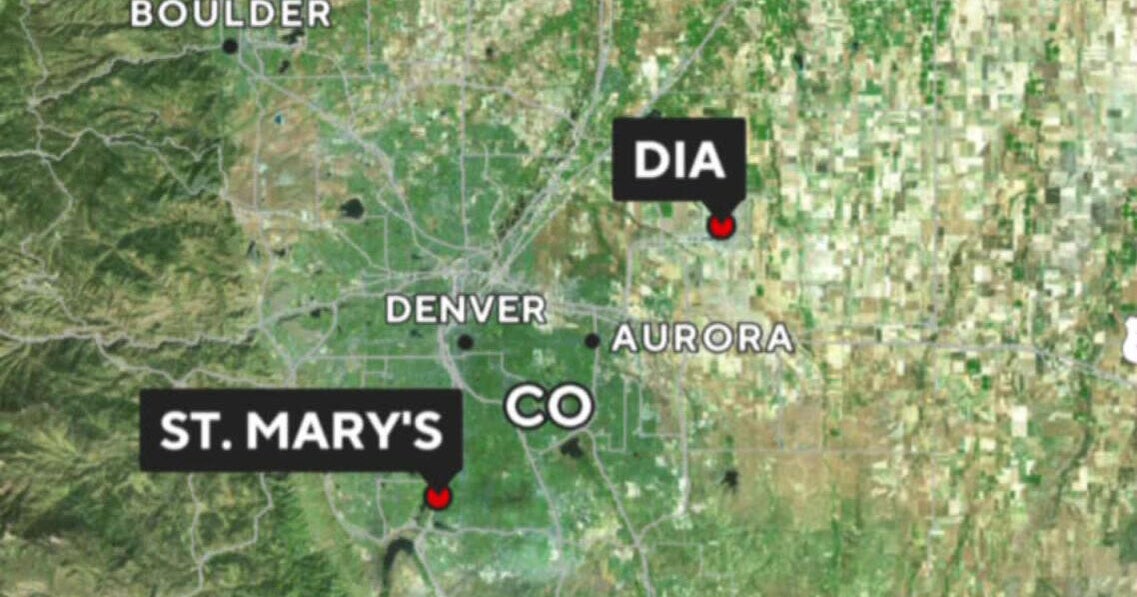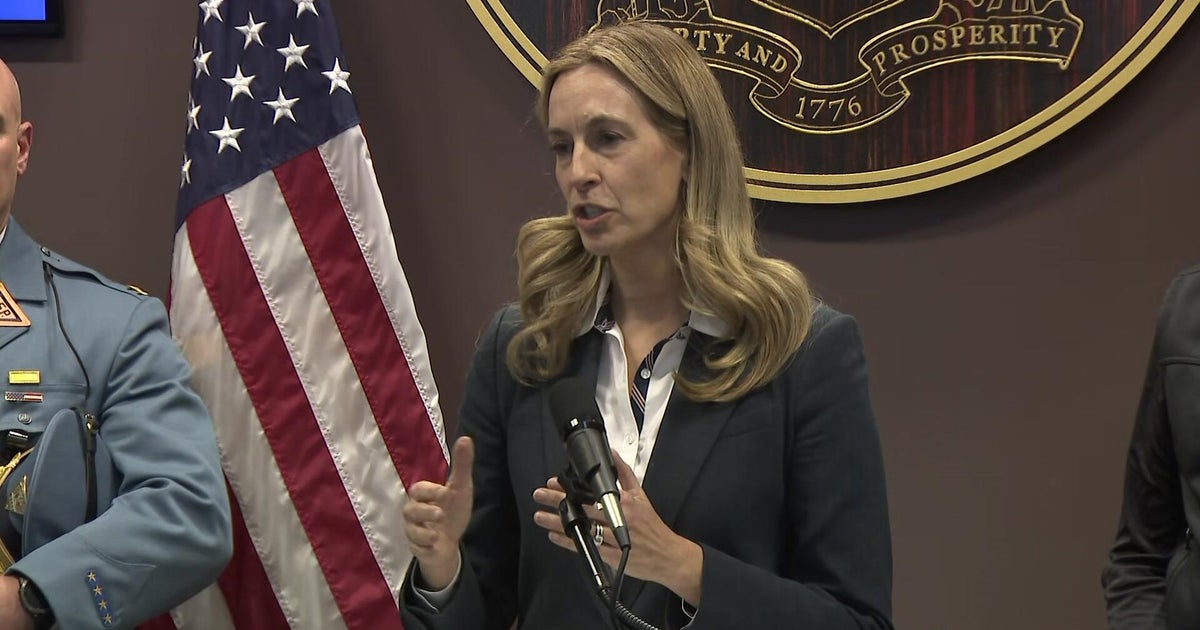Dayton, Bachmann Feud Over Minn. Health Care
ST. PAUL, Minn. (AP) -- Minnesota Gov. Mark Dayton and U.S. Rep. Michele Bachmann sniped at one another Monday over Dayton's decision to extend Medicaid eligibility to almost 100,000 low-income residents.
Bachmann, a Republican who has aligned herself with the tea party movement, held a news conference to criticize Dayton's executive order, calling on the Democratic governor to reverse his decision, which is due to take effect March 1. Bachmann contends that expanding Medicaid benefits to more Minnesotans, many of whom are disabled, will commit the state to fully participating in the federal health care overhaul passed last year by the Democratic-led Congress.
"Governor Dayton is unyielding in his desire to fully commit our state to it. In fact, he's wanting to make an already difficult problem worse in our state by adding more people to the welfare rolls," Bachmann said, alluding to Minnesota's projected $6.2 billion budget deficit.
Republican lawmakers at the state and federal level have made it a priority to overturn or block parts of the health care law from taking effect. They argue that it will be costly despite the non-partisan Congressional Budget Office's projection that it will extend health coverage to millions of Americans who don't have it while reducing federal deficits over the next decade.
At his own news conference, Dayton said he will stay the course and shift thousands of low-income Minnesotans into the federally sponsored program. He accused Bachmann, who has not ruled out running for president in 2012, of trying to distort the issue for political gain.
"I think it's very unfortunate when a Minnesota politician is playing presidential politics with the lives of the citizens of our state. That type of politicking is better taken to Iowa or New Hampshire," Dayton said.
Minnesota is opting into Medicaid under the federal health care overhaul, which gave states that already covered poor adults the option of moving them into Medicaid with half their costs covered by the federal government. The expansion is expected to bring $1.3 billion to Minnesota hospitals and other health care providers.
As one of his first acts as governor, Dayton extended Medicaid eligibility to 95,000 more Minnesota low-income adults. All but 12,000 of those people were covered by less generous state programs. By placing them in the more stable federal program, Dayton's administration projects it will save the state $32 million through mid-2013.
Leading health groups contend the expanded coverage will cut down on uncompensated care and encourage people to seek early treatment for conditions that can grow into costly medical emergencies later if left untreated.
Bachmann was joined at her event by Republican state legislators who have spent weeks criticizing Dayton's decision and hinting at a constitutional challenge to his authority to make the move via executive order.
(© Copyright 2011 The Associated Press. All Rights Reserved. This material may not be published, broadcast, rewritten or redistributed.)







